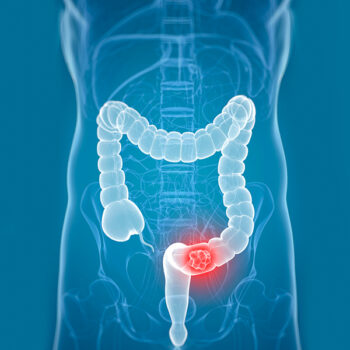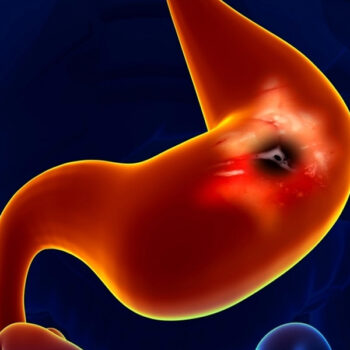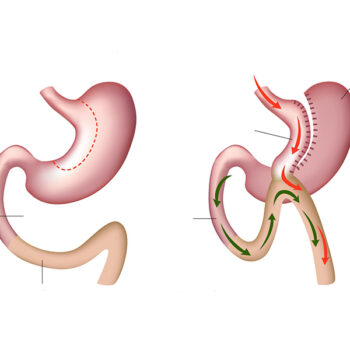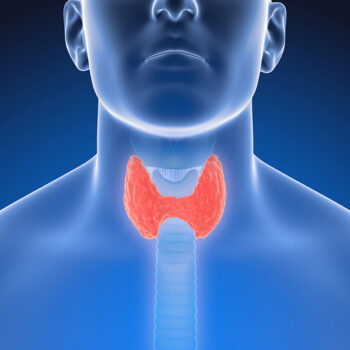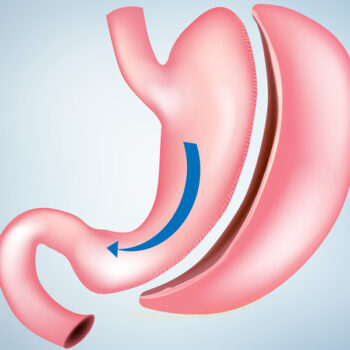- Phone 0539 616 79 71
- E-mail ibrahim.agackiran@vitalhospital.com.tr
- WhatsApp 90 539 616 79 71

Your treatment options depend on your weight. Using this simple tool, you can determine your BMI you can calculate:
If your BMI is over 30, you can contact us for a preliminary examination.
Salim Ergün
Elif Aksaray
Durmuş Karaman
Canan Yıldırım


